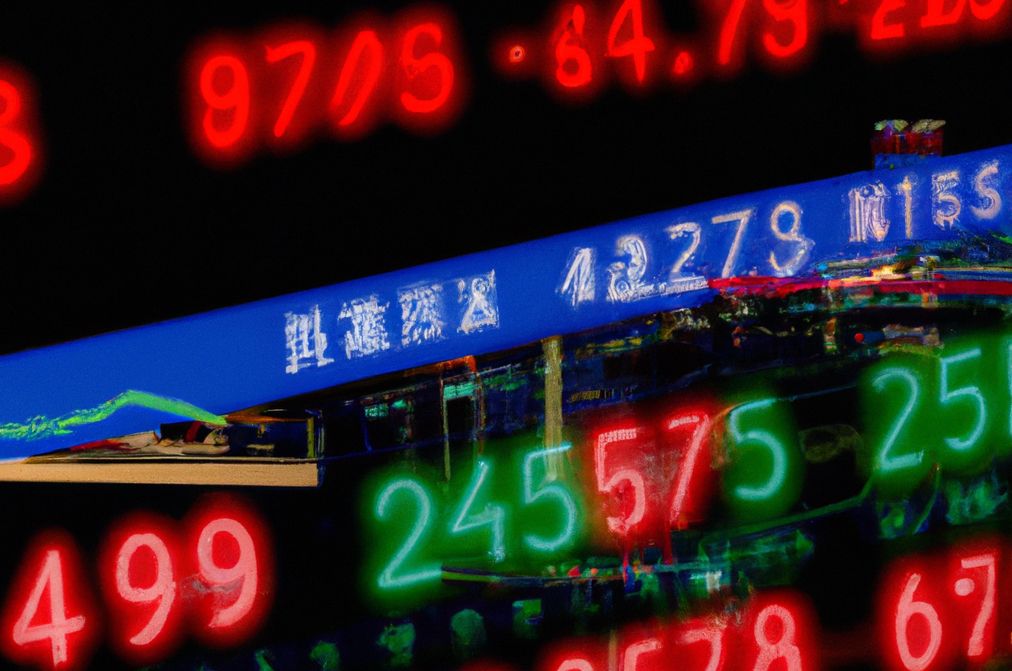Foreign Investors Look to Other Asian Countries as China Sentiment Sours

The Lede: Foreign investors have been moving positions to other Asian markets as sentiment in the Chinese market wanes.
What We Know:
- A report from the Atlantic Council has found that foreign investors have been pulling out of the Chinese markets for the last two years. International institutional investors ' net sales of Chinese bonds since early 2022 amount to about $148 billion.
- Chinese stocks have seen sharp declines among foreign exchanges. According to Reuters, $1.71 billion worth of Chinese stocks were sold in May 2023 on top of $659 million in April. The CSI 300 index measuring the largest companies listed in Shanghai and Shenzhen has fallen 5.29% quarter-to-date, erasing all of its gains from earlier in the year on reopening momentum. Last year, American private equity investments in China fell by 76%.
- In contrast, major foreign institutions hold optimistic outlooks for the economies of Japan, South Korea, and India. Indexes for these countries have risen as foreign investors shift away from China. Japan has seen higher targets relative to global peers, South Korea’s technology stocks are seen as attractive alternatives to more expensive options, and there is a growing interest in investing in India supported by strong fundamentals.
The Background: After China ended COVID-19 restrictions in December, foreign investors dove into bullish hopes for an economic rebound. The first five months of 2023 saw $25.05 billion worth of investments compared to $6.36 billion in all of 2022. Growth has been slower than investors had hoped in a weak rebound from zero-COVID policies. Other economic challenges include a rapidly aging workforce, decreased productivity, increased inequality, and a significant property crisis.
Likely Outcomes:
- The data shows a decline in investor confidence in the Chinese market that will likely continue due to the rising geopolitical tensions and trends toward ‘de-risking’ economic ties and supply chains. Beijing’s increased regulatory pressure on foreign companies has also made outside investors wary. For China, the focus of the future will be on strengthening ties with countries outside of the ‘de-risking’ trend and those more neutral on the bifurcating global economy.
- The economies of Japan, South Korea, and India may continue to benefit from receiving the outflows from foreign investment away from China but will have to maintain fundamental conditions that continue to make their economies attractive alternatives to investment. Playing to U.S. and Western geopolitical policies may continue to work in the near term, but the possibilities of a global economic recession or a flare-up in conflict should remain in consideration.
Quotables:
“Amid China weakness, investors have looked elsewhere in the region for opportunities…Investor sentiment on China has weakened further, and in our view is around rock-bottom levels we’ve only seen a few times over the past decade.” – Andrew Tilton, Goldman Sachs Chief Asia-Pacific Economist
"The bottom line for many foreign fund managers is that the risk of investing in Chinese securities has soared over the past year and the returns have not kept up…Combined with recent Biden administration restrictions on sales to China of advanced semiconductors and cutting-edge chip-making gear, the message to all classes of investors will be clear: Putting money in China is going to become riskier, and de-risking is only going to become more commonplace." – Jeremy Mark, senior fellow at the Atlantic Council's Geoeconomics Center
Good Reads:
Foreign investors have been dumping vast amounts of Chinese assets, and putting money there will only get riskier (Markets Insider)
Foreign investors are pulling out of Chinese markets at a faster pace as the economic rebound stumbles (Markets Insider)
Investors are eyeing China’s neighbors as the recovery from ‘zero-Covid’ slows (CNBC)
